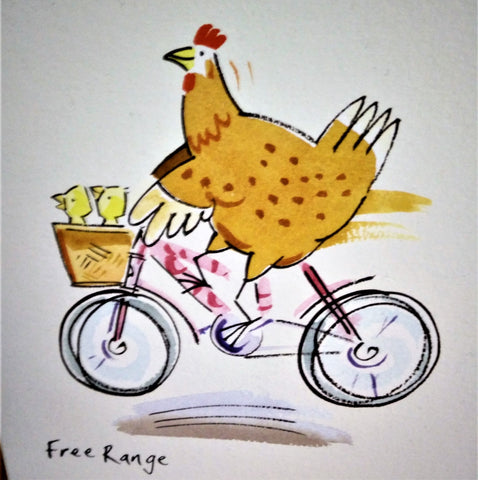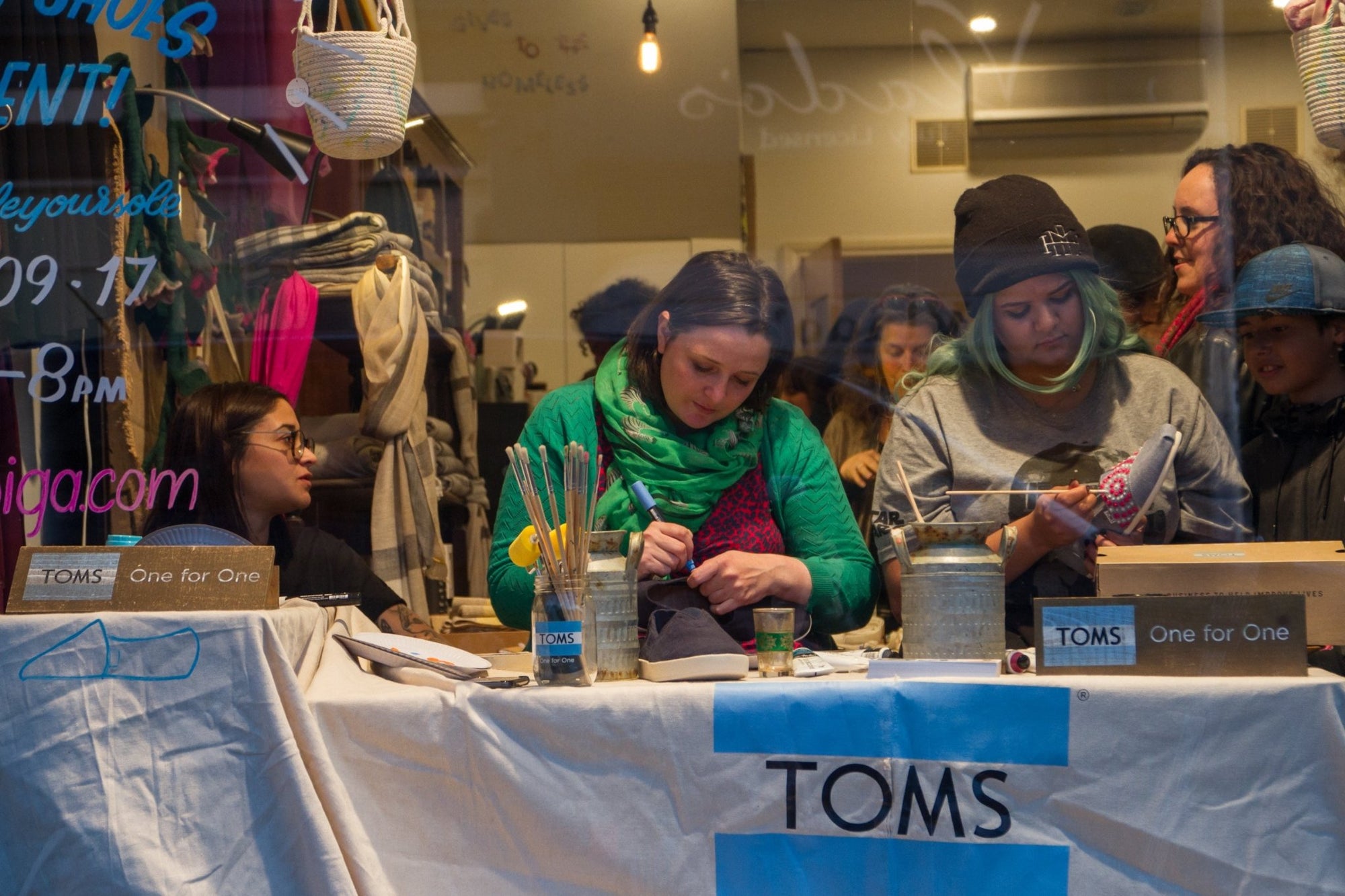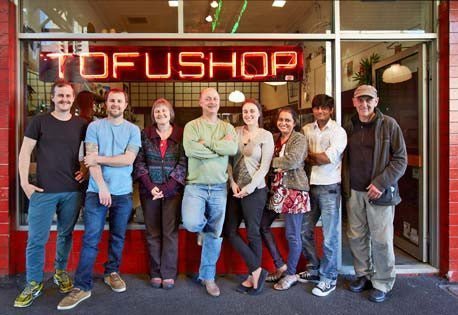Humans have been around for hundreds of thousands of years and we can't deny the massive destruction which came as a result of our innovations. Now we are at a point where we need to innovate even more to reduce our negative impact on the planet and hopefully revert some of the damage. Where do we begin? How do we make the biggest impact? Here are a few ideas of how we can make small changes in our own lives in order to make a big impact as a community:
Basic steps for sustainable living in the modern day:
1) Know your options! Each Council will have their own ideas of what should be recycled, so check what your Council recycles - often there will be a number on items that can be recycled, so it's important to know what numbers your Council accepts. There are, however, a few golden rules that everyone operates by. For example, a) you can't throw broken glasses into the recycling - this is because it is tempered (heat treated). It can contaminate a whole load of recycling, meaning those glass bottles don't get to have a new life. b) paper towel is not recyclable :( because it is paper that has already been recycled a few times. c) aluminium foil is recyclable (only if it's clean). d) Food is not recyclable with your weekly or fortnightly collection, so any containers with food particles will not be recycled. It is recommended that you eat the food before recycling its container. Check out series like War on waste, Australia or SITA website to improve awareness
2) We believe that changing the world starts in our own home. For example, switching off lights that you don't need; fixing leaking taps or catching drips in a container to use on the garden; and reducing the amount of time you spend in the shower (rather than relaxing for 15 minutes while you shower, convince your partner to give you a massage instead - it saves a lot of water and energy, everyone wins).
3) Buy energy efficient electronic goods. For example, 6-star energy rating for your refrigerator - saves energy, money, and still keeps your wine cold: super! Did you know bigger fridges are blames for forgetful behaviour and thus increasing household food waste.
4) Ride a bicycle instead of driving, wherever possible. It's good for your health (builds great calf muscles and is a good cardio workout), and saves time by incorporating exercise into your transport time. If you can't cycle or walk the distance, and don't want to be one of those people putt-putting along on an electric bike (other cyclists shake their head in dismay), reduce your footprint (no pun intended) by taking public transport or carpooling.

5) Use a pressure cooker while cooking. Not only does it retain the nutrients within food, it also cooks nearly 3 times faster, which in turn uses less energy. It also emits a pleasant (sometimes mistaken as frightening), high-pitched whistling sound so that you know when the food is ready.
6) Create your own vegetable patch, and make a compost (or get a great one here) for all the leftovers in order to make your own fertiliser for the garden. This encourages animal and insect growth in the area and creates a lovely spot to recline in the hammock while your partner does the gardening.
7) Live closer to work or work closer to home. Not only do you not have to get up so early, but you also don't need to use so much energy (organic and inorganic) to get there.
8) Eat less processed food - you know that shit's bad for you. Try making your own treats - you know exactly what goes into it and what you will get out of it. There is also no packaging - it's like giving the world a hug.
9) Reduce , reuse, recycle or upcycle (this is a process of making something new from an object which would have otherwise gone into landfill. Using the least energy, the result is a product which is longer lasting and of better quality). At Pookipoiga, we have a lot of high-quality, upcycled, Australian and international products. We also sell some recycled products and reuse a lot of our supplier packaging. We buy no packaging of our own, preferring to recycle, reuse or not use at all. See if you can spot our combined love of coffee and recycling in store! 10 points to you if you can find it, maybe even a gold star.
10) Only buy things you need! We have developed a throwaway society, where things have become so dispensable. When something breaks, we throw it away and buy another, when what we should be doing is investing in its repair. Those socks with holes? Stitch that up! The wine glass that you smashed when you thought climbing a tree with half a glass of red wine was a good idea? Probably needs to be replaced... When you do need to make a purchase, make sure that you are buying goods made from environmentally friendly materials, preferably upcycled or recycled.
There are so many other ideas of little things (and big things) that we can do to make a difference (Tesla batteries/renewable energy is on top of a few of those ideas), which we will leave for another blog. 😍
At Pookipoiga, we live and breathe our own philosophies (although, we haven't quite worked out how to convert our broken recycling bin into a compost receptacle yet, but we started using and selling Bokashi to pretty much compost every foodwaste in our house including citrus and coffee grounds, you can even compost meat and with no odour! ) and can admit that we don't have all the answers. We admire the human ability to brainstorm, so if you have your own suggestions, we can't wait to hear them. Share via comment or email. If you simply want to soak in sustainability like a sponge (sea sponge, not kitchen sponge), go for it! We won't stop you.
Concept : Sree , Editor: Megan






